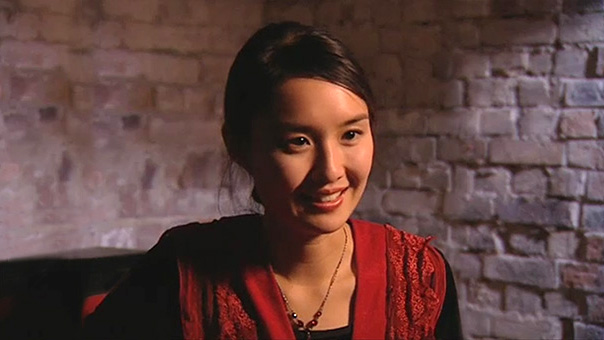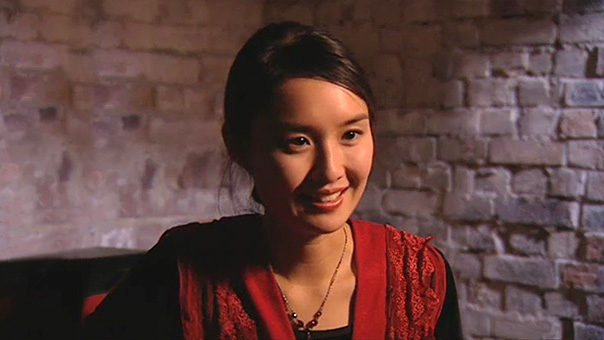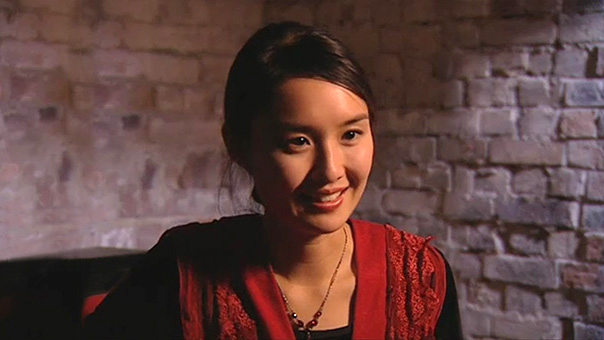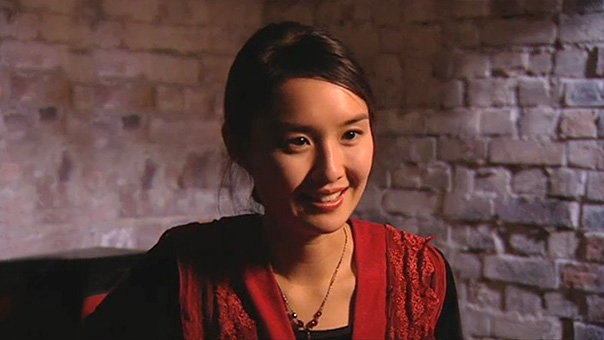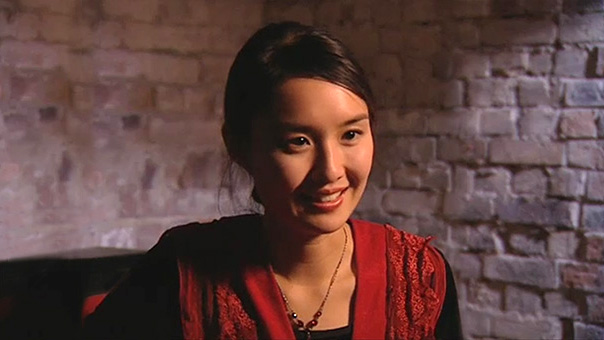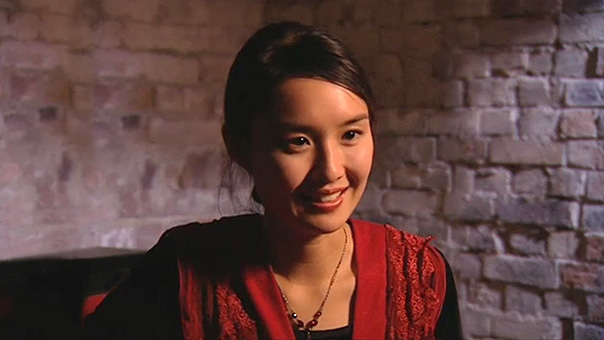The writing process
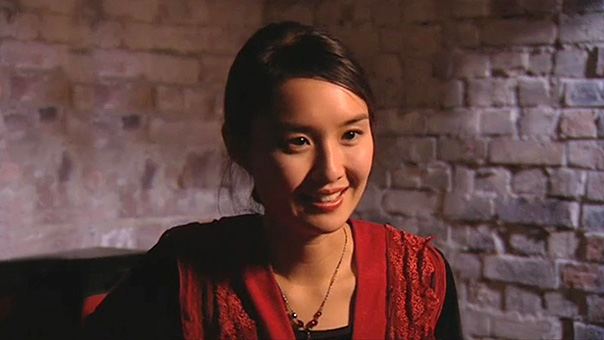
Viewing guide
Alice works full-time as a lawyer, teaches students and writes if she has 'an hour block'.
-
How would you describe your writing habits? You write a lot, regularly or do you write a little, whenever you have some spare time?
-
Which method do you think is the best and why?
During the video, think about these questions:
-
What does Alice mean by 'that's when the ten per cent comes in'?
-
What are her two examples of audiences?
-
Why does Alice say that writers have to really know their audiences?
-
Think of a topic you could write about for two different audiences. How would each piece reflect the audience you are addressing?
-
How can you improve your writing practices?
-
Why is it important to focus on your audience?
